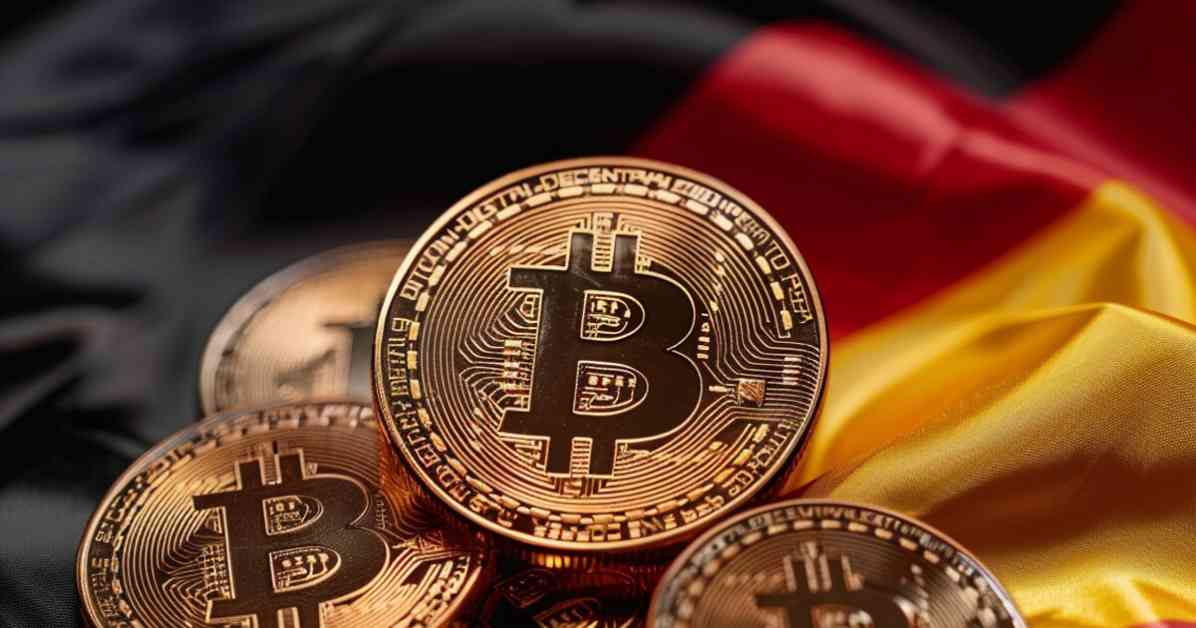The German government’s Bitcoin wallet recently received a small amount of Sats from a CoinJoin address, even as it continues its significant selling activity. According to on-chain data from Arkham Intelligence, the German government wallets received less than $10 in three transactions from CoinJoin addresses. CoinJoin transactions are used to combine multiple Bitcoin trades to enhance user privacy on-chain and obscure the flow of funds.
These transactions have come under heavy scrutiny as authorities are concerned about malicious players like the North Korea-backed Lazarus Group using these tools for money laundering and other illicit activities. As a result, some Bitcoin wallet providers have stopped offering this feature on their platforms.
In addition to receiving small CoinJoin deposits, the German government has been actively selling Bitcoin. Recent data from Arkham shows that the government sent 6306.9 BTC, valued at $362.12 million, to various exchanges and service providers. This has reduced the government’s Bitcoin holdings to 22,847 BTC, worth $1.32 billion. The government had started selling off its BTC holdings last month, which initially amounted to 50,000 BTC seized from a piracy website in January.
The German government’s on-chain transactions have raised questions within the crypto community, particularly regarding its decision to sell directly via centralized exchanges and subsequent withdrawal of some BTC after the transfers. Despite these sales, experts believe that the overall Bitcoin market remains unaffected by the government’s activities. Ki Young Ju, CEO of CryptoQuant, pointed out that government BTC selling is minimal compared to overall liquidity, and most Mt. Gox BTC holdings have not been moved to creditors.
While the German government’s Bitcoin sales continue, the price of BTC has been trending downwards, dropping by about 10% in the last seven days to $57,270 at the time of writing. Despite these fluctuations, the market remains resilient to government selling activities. The impact of these transactions on the broader cryptocurrency ecosystem is being closely monitored by analysts and investors alike.














